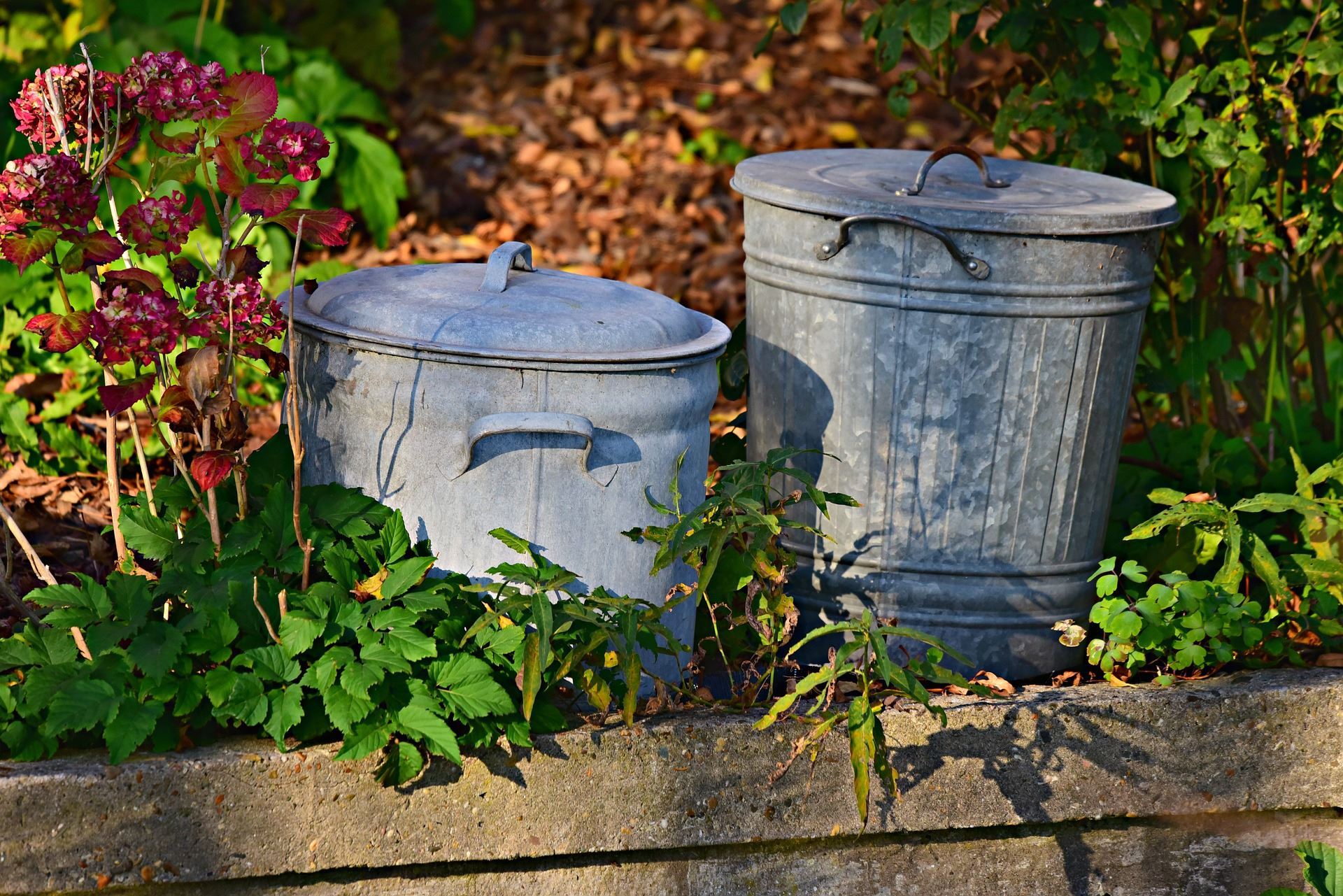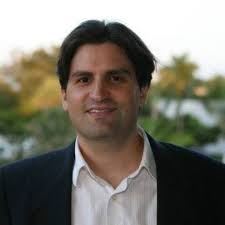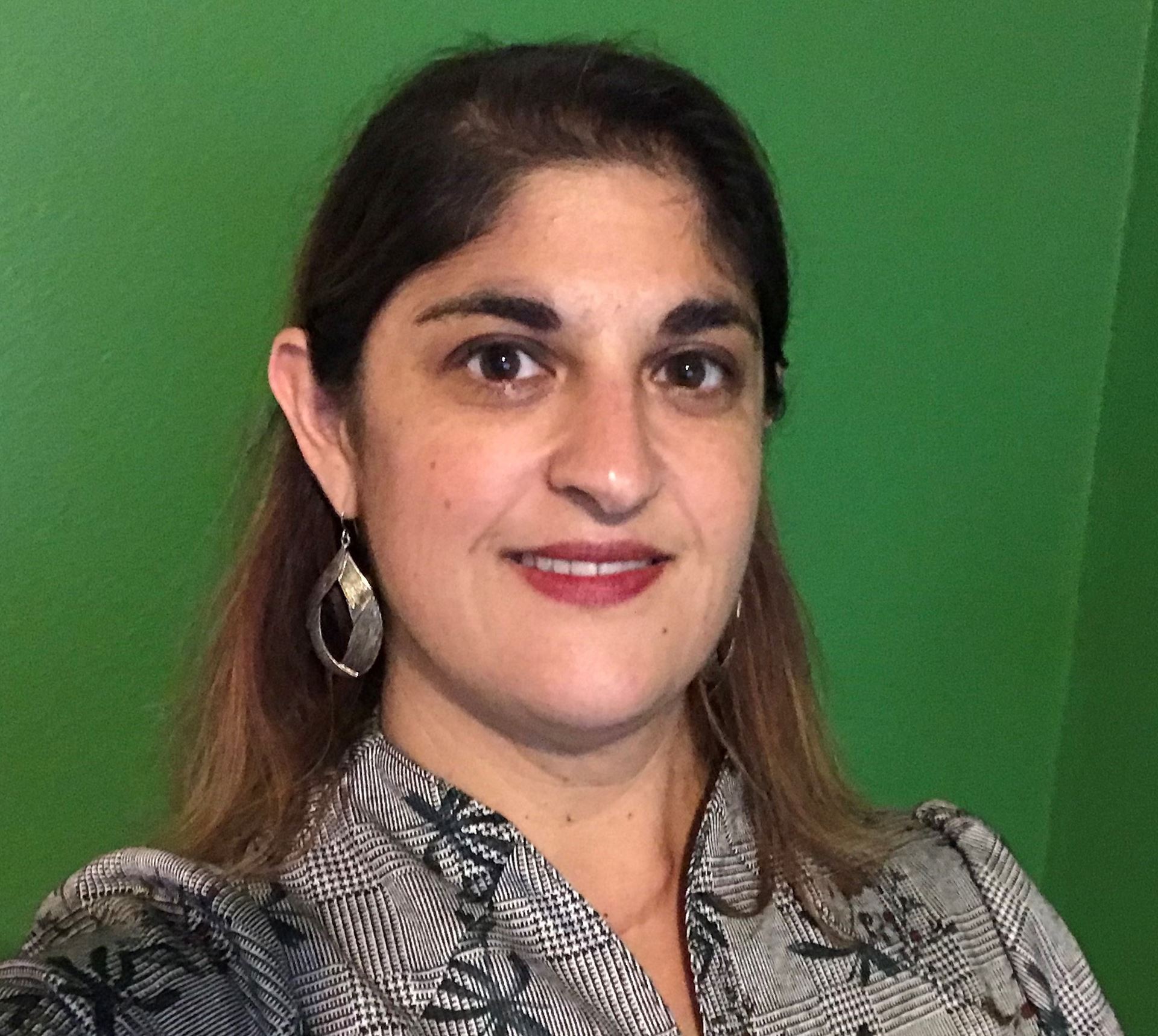
Follow Up: November Florida Food Forum
Food Waste and Food Banks: An Evolving Strategy
If you were unable to attend the meeting, the full presentation is available online here.
To keep the conversation going, please visit our forum on Farm to School here to add your thoughts and comments.
On November 15th, the November Florida Food Forum on Food Waste and Food Banks: An Evolving Strategy was led by David Vaina and Krista Garofalo. David is the Senior Director of Strategic Initiatives and Krista is the Chief Resource Officer at the Treasure Coast Food Bank in Fort Pierce, Florida.
The presentation covered many topics including: food waste and sustainability, innovate strategies to combat food waste, effects of current programs and policies on food waste and food banks, and future initiatives that could lead a change.
“About 40% of food produced in the US goes to waste, about 62.5 million tons of food waste every year, which equals about 218 billion dollars annually that’s never consumed. 10.1 million tones are left unharvested on farms and 52.4 million ends up in landfills.”
David went on to explain that traditionally food banks have long focused their efforts with grocery stores. “The Feeding America network collectively annually 4.5 billion pounds of unsellable food,” said David. Through grocery rescue programs, millions of pounds of food are rescued and distributed.
However, there is waste in all levels of the food system. In fact, “80% of food waste occurs in consumer homes, restaurants and institutions,” David noted.
Thus, it is interesting to see food banks continue to work to address their traditional role of alleviating hunger and poverty while moving towards a more sustainable framework.
Krista continued the talk by speaking about innovative things food banks are doing including collaborating with non-traditional partners like organizations that help children and seniors, talking to farmers, growers and ranchers, and schools and organizations that are usually not involved in a food bank’s structure.
Programs such as Meals for Miles and the Meal Connect Program that specialize in just in time food runs allow for food donations that have a short shelf life. Also, as more individuals are volunteering, personal vehicles are being used to pick up food directly.
“Because volunteers and partner agencies directly with food donor it helps ensure food is collected before expiration,” said Krista.
David continued by speaking about innovations at food banks around the county such as in San Diego, where one food bank purchased a zero-landfill food waste composter that allows them to donate the resulting compost to local farms and food gardens.
As California has a policy that requires businesses to separate organic food scraps from traditional waste, it also has an impact on the amount of food that is collected by this food bank. Other states also have similar policies, like Vermont which has a universal recycling law that requires all organic waste produced in the state be diverted from landfills.
The presentation then shifted to current programs policies that affect Florida.
One of the strongest federal policies that protects donors and encourages them to participate in donation is the Bill Emerson Good Samaritan Food Donation Act.
In Florida, the statewide program Farmers Feeding Florida further encourages donations as it allows farmers to receive a tax deduction for their donations.
“It’s a system that offsets the cost of Florida grown crops that can’t be brought into the market. Twenty percent of produce doesn’t make it into the supply chain because of cosmetic reasons or market shifts. This program helps farmers find a market – food banks—that is distributed through the food banks around the state,” Krista explained.
As for policy reform, Krista spoke about the importance of bill HR3981 Food Date Labeling Act of 2019, which speaks to standardize date labels across the U.S.
“Currently most food dates only indicate the peak quality of a product. A lot of food is thrown out prematurely because of confusion related to these food date labels.”
Towards the end of the talk Krista laid out seven main things they would like to see going into the future: further tax incentives, liability protections on the state level, date labeling education, better use of food safety procedures, more funding for school projects, organic waste bans, and general Government support.
The presentation was followed by a lively Q&A session. Specific links to articles and policies were also shared and can be found below.
Links:
Civil Eats "Where Do Food Banks Fit in to the Fight for a Green New Deal?"
FDACS Food Recovery Program
Forbes - "FDA, USDA and EPA Team Up With Food Waste Reduction Alliance"
Winning on Reducing Food Waste FY 2019-2020 Federal Interagency Strategy, MOU 225-19-003
Florida FORCE Project
Food Waste Warriors
Hotel Kitchen Toolkit

Bios:
David Vaina is the Senior Director of Strategic Initiatives at Treasure Coast Food Bank. As such, he leads the organization’s workforce development, client services, social equity initiatives, data analytics, and evaluation initiatives. Before returning to Treasure Coast Food Bank in November 2019, he was the statewide Education & Outreach Director for the Gainesville-based Florida Organic Growers and taught organic gardening at Santa Fe College. For many years now, he has written and presented on local food systems, organic farming and gardening, GMOs, and fermentation.
 Krista Garofalo is the Chief Resource Officer at the Treasure Coast Food Bank in Fort Pierce, Florida. She has 17 years of experience in marketing communications, program development, project management, and advocacy in the non-profit field. For her body of anti-poverty work, Krista was named a member of the National Advisory Council on Maternal, Infant, and Fetal Nutrition of the U.S. Department of Agriculture and been invited to speak at learning conferences hosted by various national organizations, including Feeding America, Food Research & Action Center, and the American Commodities Distribution Association. She holds a Masters in Public Administration with certificates in Non-Profit Organizations and Women’s Studies from the University of Georgia and a Bachelor of Arts in Communication Studies with a minor in Women’s and Gender Studies from The College of New Jersey.
Krista Garofalo is the Chief Resource Officer at the Treasure Coast Food Bank in Fort Pierce, Florida. She has 17 years of experience in marketing communications, program development, project management, and advocacy in the non-profit field. For her body of anti-poverty work, Krista was named a member of the National Advisory Council on Maternal, Infant, and Fetal Nutrition of the U.S. Department of Agriculture and been invited to speak at learning conferences hosted by various national organizations, including Feeding America, Food Research & Action Center, and the American Commodities Distribution Association. She holds a Masters in Public Administration with certificates in Non-Profit Organizations and Women’s Studies from the University of Georgia and a Bachelor of Arts in Communication Studies with a minor in Women’s and Gender Studies from The College of New Jersey.
Disclaimer: The views of the presenters do not represent the views of the Florida Food Policy Council. We are a forum for the offering and sharing of information and encourage diversity and communication within the food system.